- by Albert Berkshire
There were wine bottles. Hundreds, maybe thousands of wine bottles. Some stood erect, others lay on their side spinning this way and that depending on how they were bumped. Few were broken. Smiles stretched across cheery faces. Conversations flowed and hundreds, maybe thousands of people were focused on one thing – being young.
It was a cool Thursday night when my wife and I strolled along the banks of the Seine. We were walking back to our apartment in the 6th arrondissement, although at that moment, in the opposite direction. The long way seemed fitting. We occasionally looked over our shoulders to see if the Eiffel Tower was alight and sparkling. But that wasn’t really the highlight of the night. At least, not in this short stretch over the cobblestone walk.
I’m certain it’s a cultural thing, but it has been a long time since I’ve heard a large group of teenagers and young adults…talking. And while, based on my comprehension of the lovely, but completely understudied-by-me, French language, they could have been talking about something they saw on Facebook, or You Tube, or Twitter – they weren’t looking at it. They were looking at each other. Talking to each other. Looking into each other’s eyes. (some, for the latter, more intently than others).
There were soccer balls (footballs, to be more Euro-correct) begin kicked around. Badminton and chess were being played. There was paper and charcoal. There was music. There was laughter. There was youth.
Youth…like we had. Youth – before the techno social crutches of today’s North American (but not limited to) society. The same society that has adopted a seemingly obligatory, more-than-necessary check of email, messenger, messages, text, snapchat, BBM (yeah, still out there – Go Canada!), twitter, even Ello (I’m so hip) and the long list of other social media platforms competing for your conversational neuro-allotment.
Youth, it seems, is vibrant and engaging in Paris.
If you cared to read about the French Revolution, you’d understand that as a truly socialist nation – for the people – France has long valued its…well, social values. People read. They are educated in a heavily subsided system that, by my observation, ensures every citizen who wants to be educated – is educated. Perhaps, like my take on Canada’s health care system, it’s an education system in France developed by the people of France, for the people of France, that seems to work for the people of France. And there seem to be many upsides.
People are engaged. And it’s wonderful to see. Sadly, I’d hazard a guess that I’ve not seen it like this in North America – for the most part – since the 1990s. Glued, we are (Yoda moment), to our electronic devices. Unable, we seem (you know I’m going for the Star Wars trifecta, don’t you), to be able to share without a button. Miss, we do (achieved it, I have), the nuances of conversation.
And we need it back in our lives.
We need to discuss what’s happening in our lives. How we feel about the issues of the day should not be pre-empted by Grumpy Cat’s latest meme. A summer vacation’s description should not need to be validated by a like button. We lose the essence of a moment shared when we summarize it in 140 characters so that it conforms to the new attention span. We need to stop abandoning conversations at the sound of a notification.
We need to stare at art longer than fifteen seconds. We need to think about what the artist’s truly saw when the image was captured in his mind. We need to appreciate the subtle irony of Renoir’s portraits of Manet’s niece. And that she later wrote about it in long form.
We need to write each other with words, not emoticons. We need to discuss the deeper meaning of lyrics, not quote them by way of copy-and-paste. We need to not only know the correct use of, but the actual definition of, your, you’re, and yore (yes, there’s a third one – from a long, long time ago).
We need it to matter. Like it obviously matters to the French. We need a different button. Not a like, love, share, post, or tweet button.
We need a reset button. Or perhaps, un bouton de remise.
We need Poison to come back to remind another generation of a time we don’t remember, and a war some can’t forget…and to give us something to believe in.
Albert Berkshire is a storyteller. He places the highest importance on conversation, yet completely embraces a little time alone – even if it is shared. An oxymoron he loves. His preference is to write in long form, more recently with a 90’s rock soundtrack, which he is doing with some semi-psychotic new fictional characters. His first novel of fiction, We Made A Pact, is published by Friesen Press. You should read it. For a much shorter, and less frequent rambling, follow Albert on Twitter @albertberkshire.
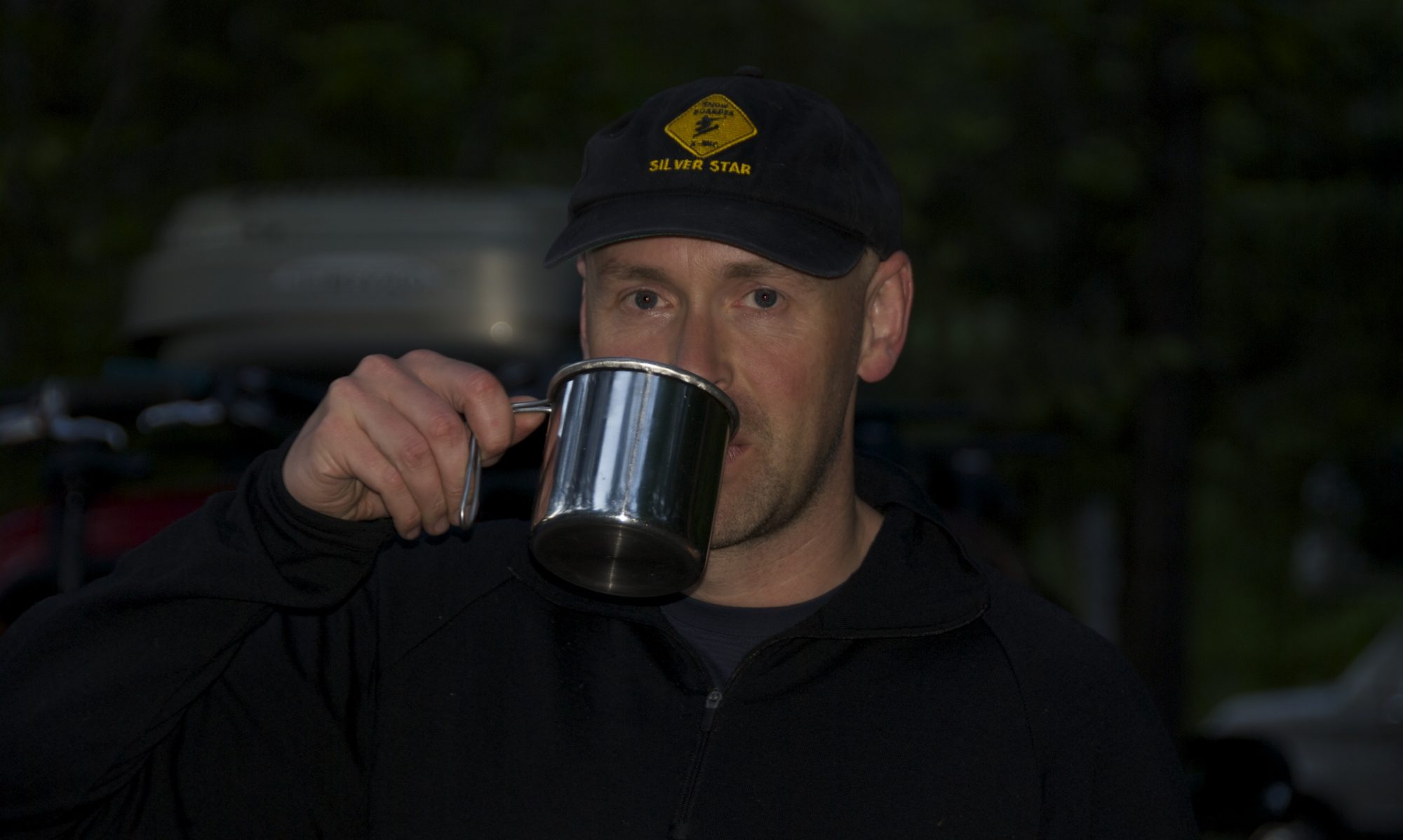
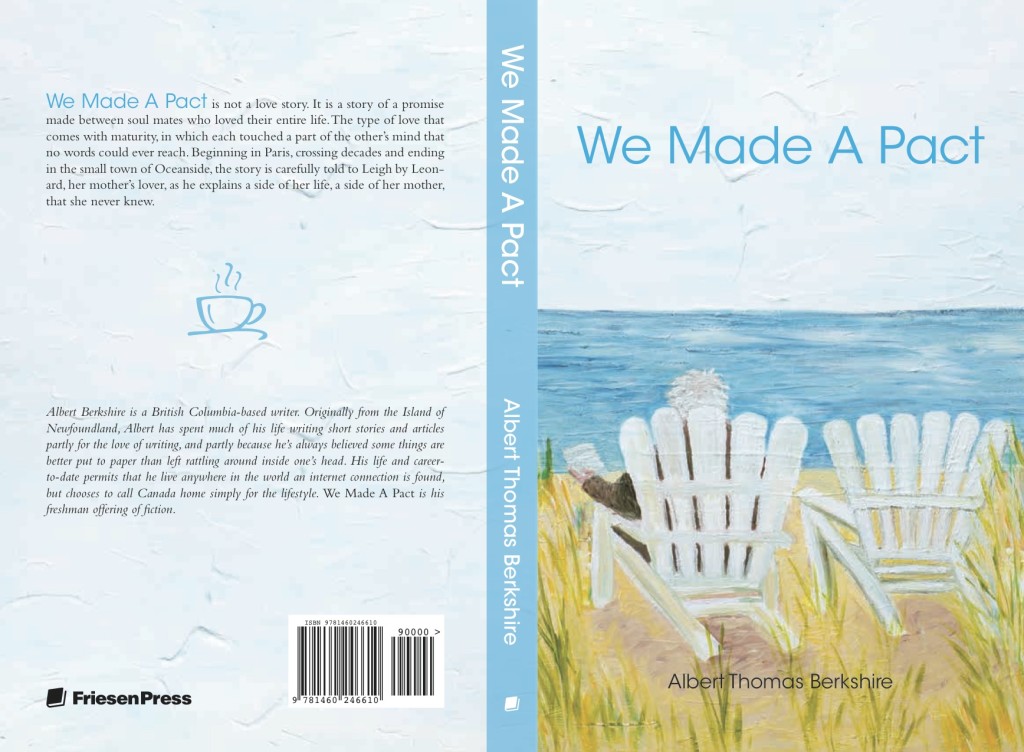
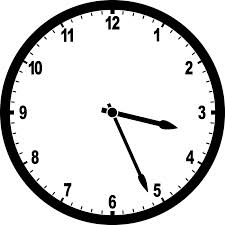
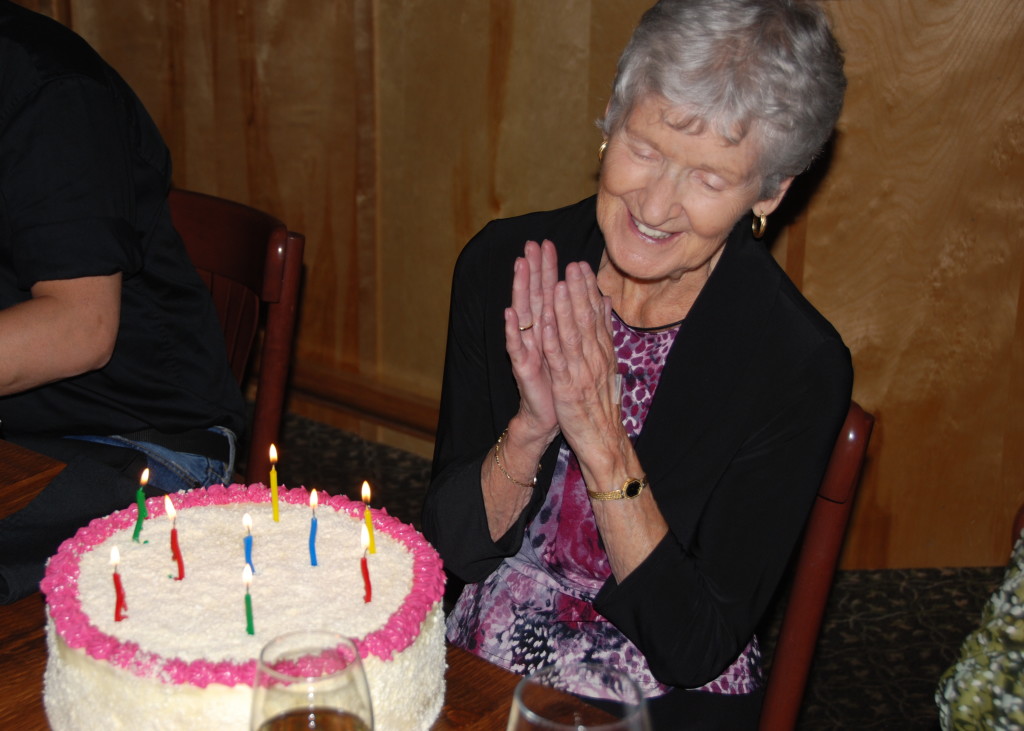
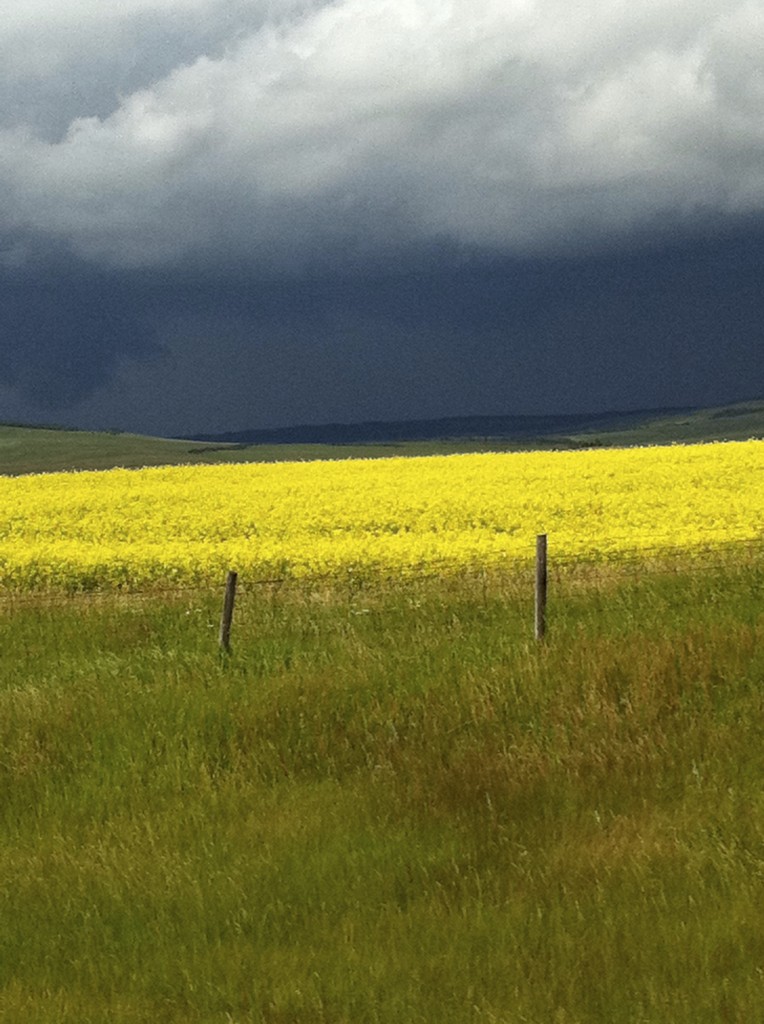
You must be logged in to post a comment.